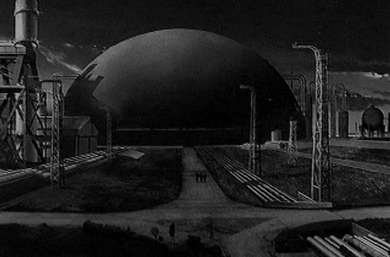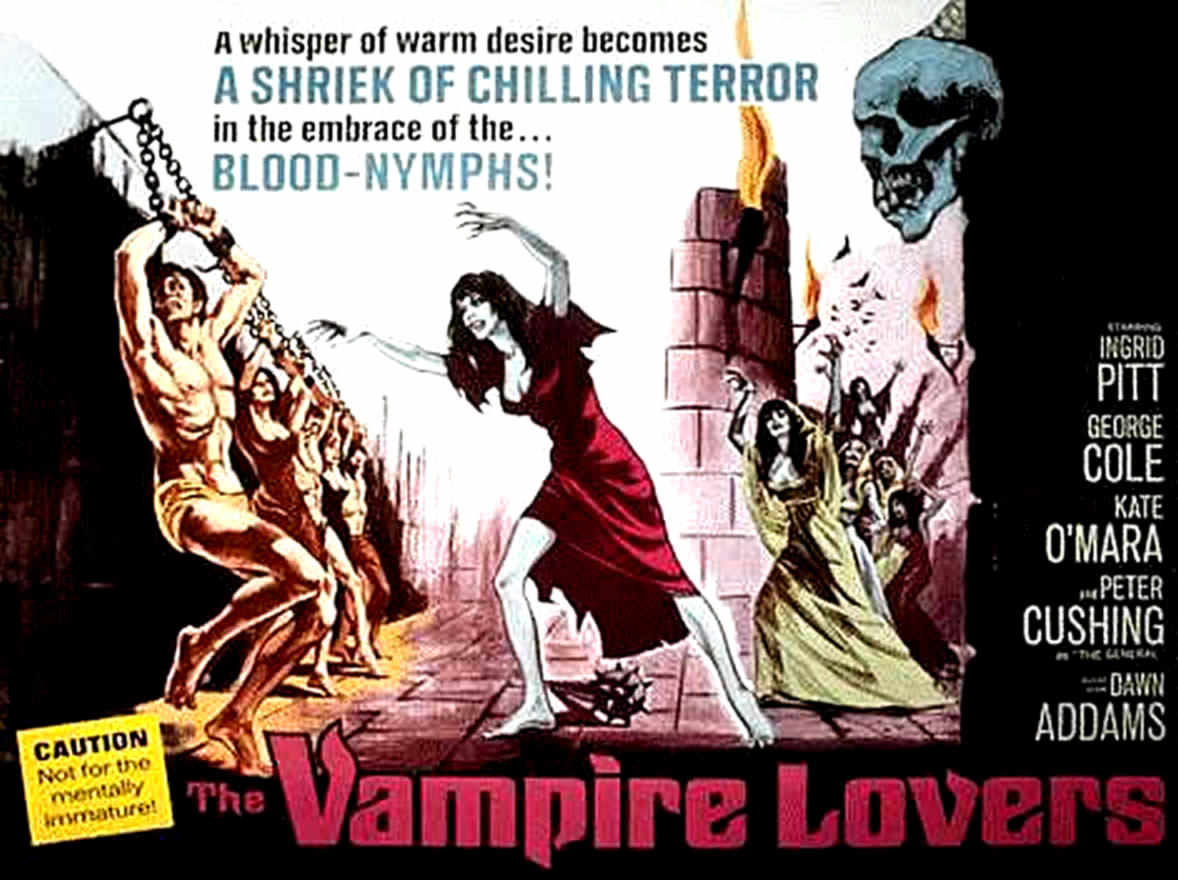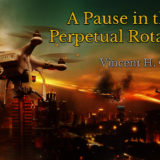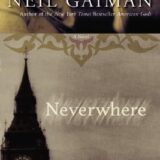 First of all, let me apologize for my sporadic attendance, of late. Fear not, good reader, the forestpunk has not deserted you. I’ve been out in the night, raiding crypts to find the brightest and bloodiest gems of the Horror genre, while still attending to the demands of the daytime world.
First of all, let me apologize for my sporadic attendance, of late. Fear not, good reader, the forestpunk has not deserted you. I’ve been out in the night, raiding crypts to find the brightest and bloodiest gems of the Horror genre, while still attending to the demands of the daytime world.
When last i wrote, i started talking about the difference between the classic forms of journalism, the kind practiced by our forebears in the first (and second, and third) incarnations of Amazing Stories, and investigating the ways in which it is mutating. By speculating on the current forms of media, we may begin to predict The Future, to try and figure out where we will go from here. These predictions and reminiscences will be punctuated by philosophical musings, looking at the dark heart of horror, as a whole.
The old school style of journalism was authoritative, masterful; the authors were experts in their fields, scholars of re-animated corpses and bulbous rocket-ships. We respected the depths of knowledge; we trusted them and listened to them, and were inspired in the process. We began to imagine ourselves amateur literary and cinematic critics and theorists. So the posts that i write that are labelled PAST will aspire to the old ideals of mastery, expertise, insight, usually looking at individual works in the horror genre.
In the present tense, modern journalism is more geared towards letting people know that something exists, with the expectation that if it is something the reader is interested in, they will probably read/listen/watch the thing his or herself. Modern journalism bears more in common with advertising, making something sound attractive, and pointing out the intended audience: who would care about such a thing?
So, on one hand, we’ve got experts (and i would hesitate to include myself in that category) who are delivering their insight on individual genre works, then you’ve got the modern list, which will show the curious how to completely immerse themselves in gothic mansions, dismembered corpses, gypsy curses, radioactive insects and wanton sex. One of the main differences, writing for glowing screens versus our pulp-y forefathers, is the immediacy and access of information. In the old days, you might read about a weird old film, but it might be years before you’d actually SEE the thing, if you ever found it at all. You can find almost anything at the click of a mouse, in the current state of information saturation, so part of the necessity of lists, as well as experts, is to know where to go, where to turn; what’s good, what’s abyssmal.
The BBC is a good place to turn, three letters you can trust, especially if you are looking for obscure horror and sci-fi (and you are, I know you are). Their quality and production standards are consistently stratosphere high, and they don’t disappoint on this episode of British Film Forever: Magic, Murder, & Monsters. Originally aired in August of 2007, this hour-and-a-half documentary takes you from the roots of British horror to the Present, from Hammer Horror to Harry Potter. They feature extensive interviews with a parade of famous faces: John Landis, Christoper Lee, John Hurt, Anthony Hopkins, and Terry Gilliam, and a wide berth of lesser-knows actors and film-makers who made the movies in the first place.
Some of the anecdotes and information will be old hat for the seasoned Anglophile, as with Christopher Lee discussing his Dracula films for Hammer (the original interview took place in 1987), but the classics are interspersed with truly underground and under-appreciated gems, like Amicus Productions, fine purveyors of portmanteau (whom I will be speaking about shortly). The documentary runs in chronological order, oldest to newest, and it’s mostly organized by decade. The segment on swinging ’60s London is worth the price of admission alone, with lines like “We’d seen the future of horror. It was lesbian vampires.”
It’s easy to become jaded, and forget how wildly colorful and lewd movies like this were, when they were being made. That’s part of why it’s important to turn back the clock, and re-investigate lost classics. It helps us remember where we are coming from, and it gives us more insight on what kind of Present we want to be living.
Watching British Film Forever: Magic, Murder & Monsters, will remind the viewer of the chilling glory of British cinema, all the things they do so well. Like Anne Billson, a horror author and film critic, said, “The horror film is to the British Isles what the Western film was to America; an encapsulation of all the things the British are renowned for being, like repressed. You can’t really have horror without some form of repression. You can let it all out in horror films.”
So go back, and re-investigate the glorious Technicolor gore of Hammer Horror films in the ’60s. Explore shadowy b&w castles and manors; get lost on the foggy moors. Watch British Horror with fresh, untarnished eyes, and you will appreciate anew the dramatic, Edwardian thespianism; the luscious Gothic set design; dramatic orchestral film scores. There’s a lot of sleazy, and a lot of camp, but there’s also some of the finest art conducted during the 20th century.
I found a whole grip of new and interesting looking films, from watching this documentary, so stay peeled on this page for thoughts, criticisms, wry observations and of course, lots and lots of blood.
This is available to watch, in certain regions, from the BBC Two website: https://www.bbc.co.uk/britishfilm/summer/documentary/horror.shtml
If it doesn’t work for you there, it is available, in chapters, on YouTube.
While you’re at it, check out the BBC’s interactive map of infamous filming locations: https://www.bbc.co.uk/arts/filmmap/
They’ve also put together a list of short Horror Films, on The Film Network and Your Mini Movies, which features short films made by BBC viewers.











